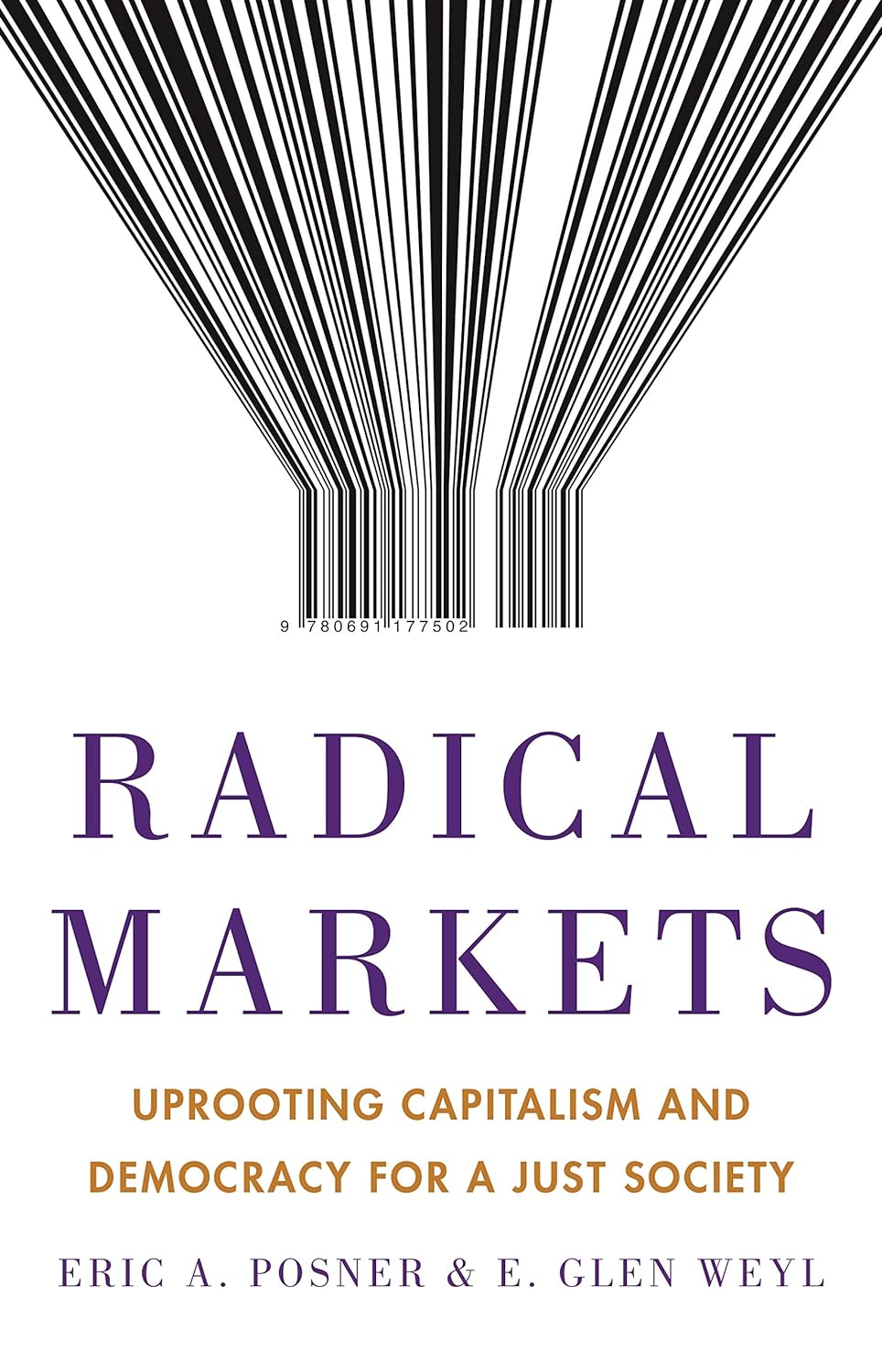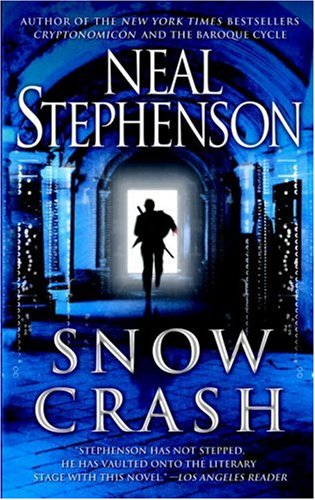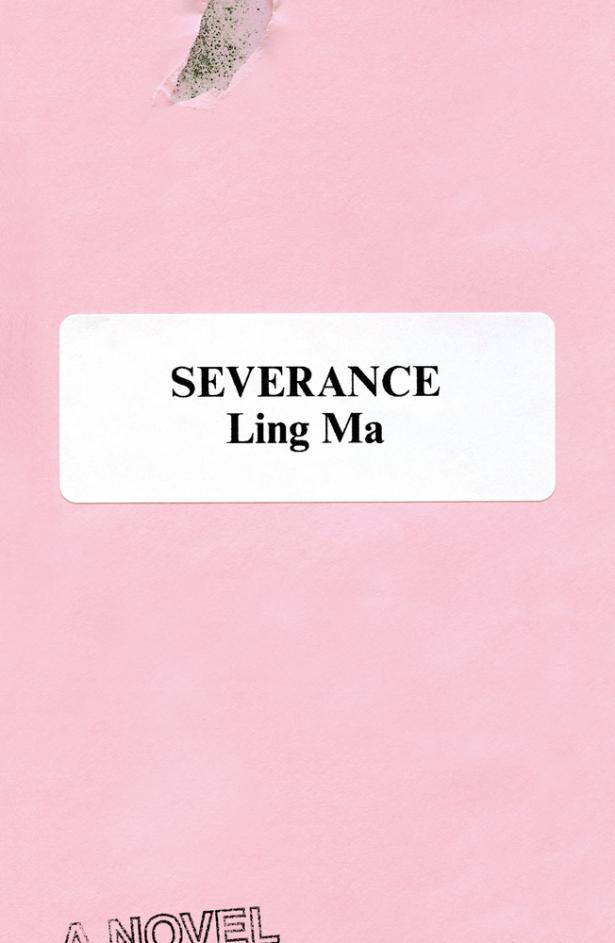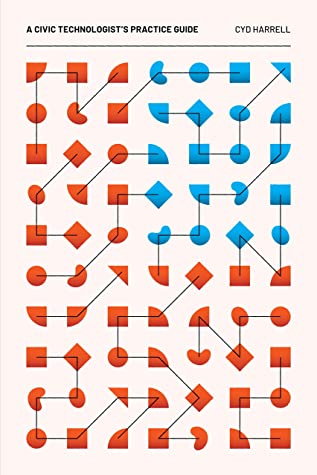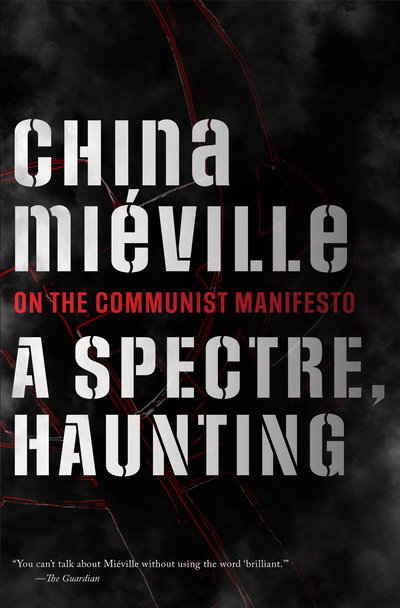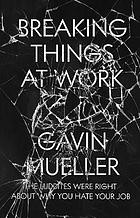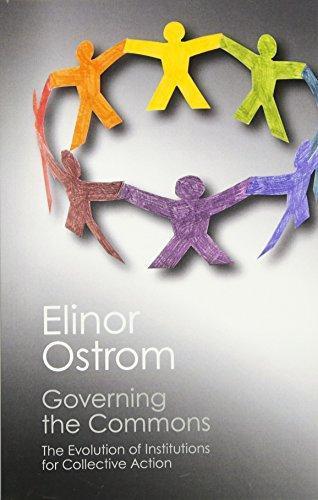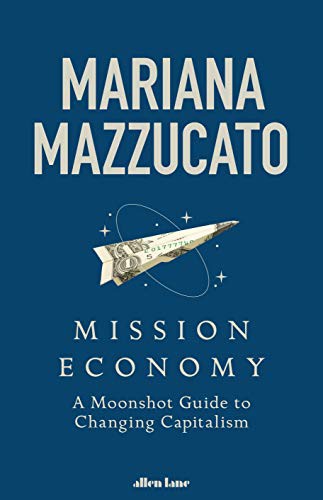We’ve seen that the Manifesto views liberation, equality and the free development of individuals as arising when the productive capacities of society have reached a certain degree of red plenty. There’s a beauty to this vision of development growing, stalling, then unfurling under mass control. There’s a poignancy, too. Because to read the Manifesto today is to have to acknowledge that after centuries of exploitation and planetary degradation, the rupture is more urgent than ever – and is unlikely to be into a realm of freedom and plenty, but of necessary slow repair.
There is a world to win: won, it must be fixed. This is ‘ruin communism’, or ‘salvage communism’. As part of such project, naive dreams of profligacy have to be set aside.
This is in no way to advocate a new utopian asceticism. But, increasingly, ecosocialists are questioning the productivity paradigm, acknowledging that we are at a pass such that, after a break from capitalism, some constraints on production may be necessary to allow the fullest development of humanity itself. If the liberation of the productive forces of humanity under democratic control means imposing these, it will be as a stage in the salvaging of the world, and for our own liberation.

